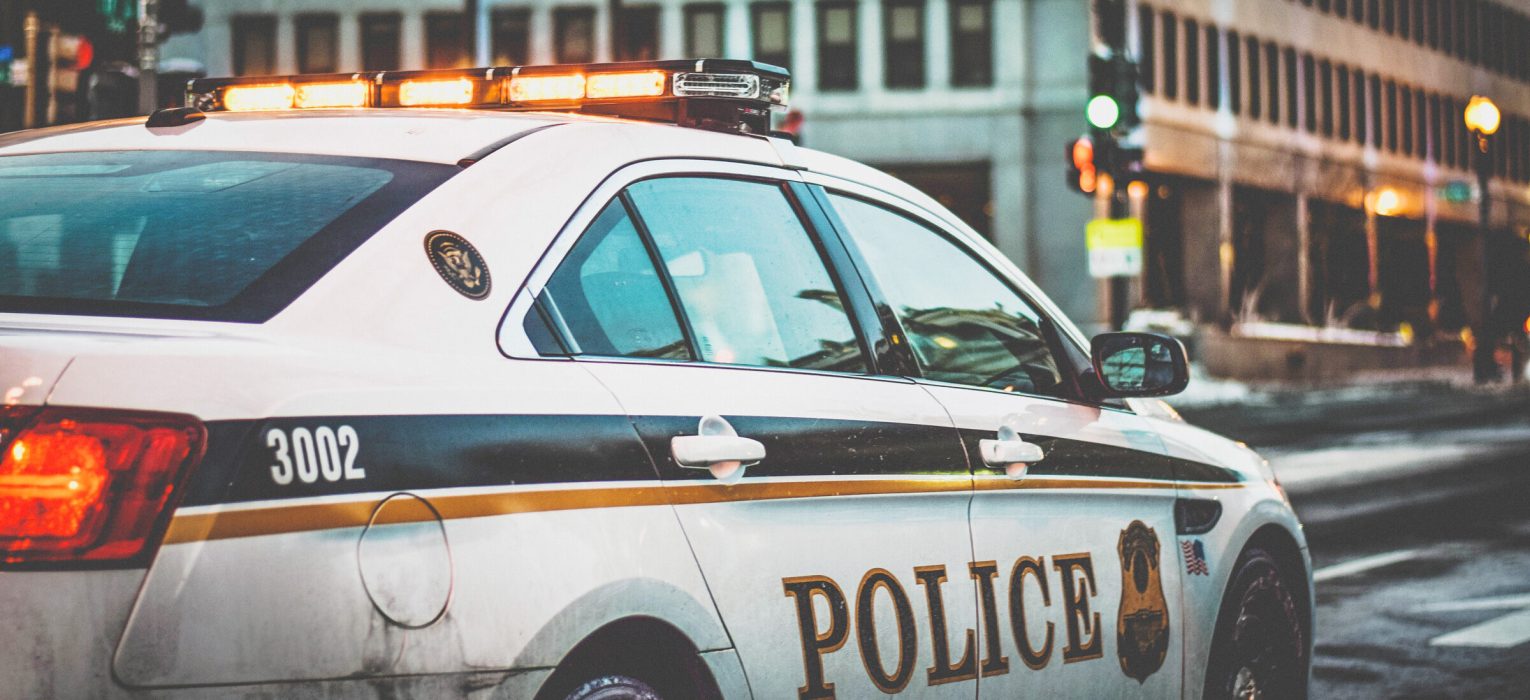Police reports can teach us a lot about the importance of understanding genre in technical editing.
I’ve watched enough American cop shows to know that people choose to become police officers for many different reasons—spending hours writing technical reports about burglary or drug possession is definitely not one of them. Like most technical documents, police reports are complex and take time to write well. On top of that, reports are also consequential and affect court rulings and even insurance claims. For beginning officers, writing one can seem like a daunting task. But there may be one way to make the task less intimidating: understanding the genre.
THE RESEARCH
In 2020, researchers at Kansas State University, Han Yu and Natalie Monas, published the study “Recreating the Scene: An Investigation of Police Report Writing.” They wanted to better understand what makes a good police report and what kind of training officers need to produce them.
Yu and Monas (2020) interviewed six police officers, with experience ranging from 6 months to 12 years, about their experiences with police report writing. Yu and Monas conclude that genre-based instruction is missing from report-writing instruction, explaining that “genre-based training does not exclude mechanics or formal genre features…it frames the mechanics and formal features in terms of how they facilitate reports’ social function” (51–52).
Yu and Monas also paint a picture of the police report genre based on their interviews:
- The foremost audience is the court.
- Though a technical document, police reports should be understood by anyone who may be in the court.
- Avoiding opinion to the extent possible, officers should focus on facts that describe the officer’s actions and what the officer observed.
- Officers should seek to include context- and crime-specific details.
- Reports should be neither overly long nor brief.
As Yu and Monas (2020) write, “A successful police report is one that fulfills the action of the criminal justice system; more specifically, for police officers, a successful report is one that aids the court to prosecute crimes” (44).
Genre does more than passively facilitate human activities; as a mediating artifact, it has the ability to influence, (re)create, and (re)construct human activities.
—Han Yu and Natalie Monas (2020)
THE IMPLICATIONS
Not everyone who writes for their job is a writer. Although proper grammar and punctuation are essential to good writing, technical editors who work with law enforcement officials can help officers improve their writing by helping them understand the report genre. In addition to getting the facts right, technical editors can help officers consider other values: Who is the audience? What is the context? What is the goal? Learning about genre certainly isn’t as captivating as car chases or dramatic interrogations, but genre-based editing can ultimately help officers better achieve their rhetorical goals—and those are pretty high stakes.
To learn more about police reports in the context of technical communication, read the full article:
Yu, H., & Monas, N. (2020). “Recreating the Scene: An Investigation of Police Report Writing.” Journal of Technical Writing and Communication 50, no. 1 (January): 35–55.
—Anessa Pennington, Editing Research
FEATURE IMAGE BY MATT POPOVICH
Find more research
For research on the police notes that go into report writing, check out Gregory, A. H. et al.’s (2011) article “A Comparison of US Police Interviewers’ Notes with Their Subsequent Reports” from the Journal of Investigative Psychology and Offender Profiling 8, no. 2 (July): 203–215.
For more on report writing for public service, check out the 2017 post on the FBI’s Law Enforcement Bulletin (LEB) “Writing Clear, Effective Police Reports: No English Degree Required.”
And if you’re feeling a little more Law & Order, read Marc J. Ackerman’s (2006) article, “Forensic Report Writing” from the Journal of Clinical Psychology 62, no. 1 (January): 59–72.




